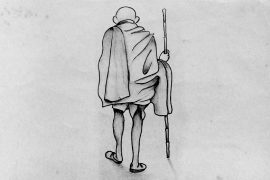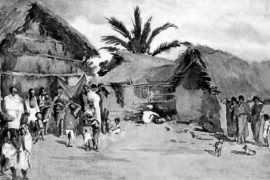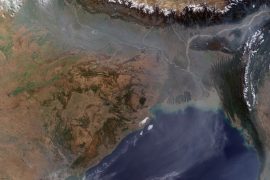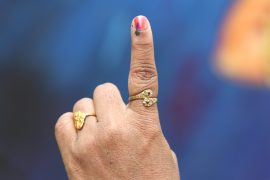Kamlapur, India, Feb 12 – In her village of Komalia, the fog swirls so thick at 7 a.m. that Akansha Singh can see no more than 15 meters ahead. But the 20-year-old is already cycling to her workplace, nine kilometers away.
Halfway there she stops for two hours at a computer training centre, where she’s learning internet skills. Then she’s off again, and by 10 a.m. reaches the small garment manufacturing plant where she stitches women’s clothing for high-end brands on state-of-the-art electric sewing machines.
Solar energy powers most of her day – the computer training centre and the 25-woman garment factory run on solar mini-grid electricity – and clean power has given her personal choice as well, she said.
If the mini-grid system had not been put in place, Singh – a recent college graduate without funds to pursue training as a teacher, the only job open to women in her village – would have had no alternative but to marry, she said. In fact, “I would already be married off.”
Copyright©Madras Courier, All Rights Reserved. You may share using our article tools. Please don't cut articles from madrascourier.com and redistribute by email, post to the web, mobile phone or social media.Please send in your feed back and comments to [email protected]











